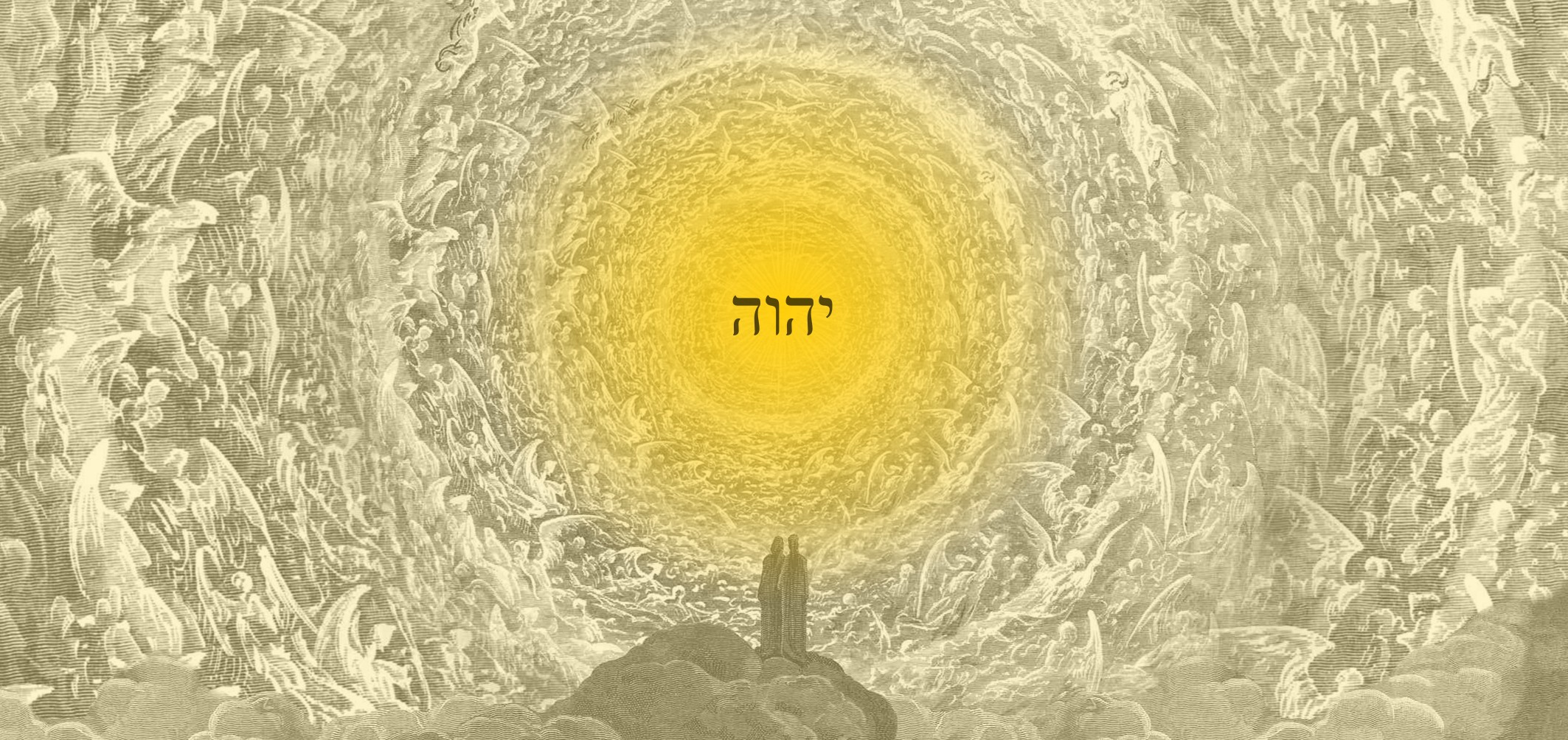Take a moment and imagine what it might be like to stand before God and gaze at his majesty and transcendent glory. What would it be like? I imagine it would be like staring into the brightness of ten billion suns, overcome by his divine beauty and his unconditional love that is infinite and otherworldly. This is sometimes referred to as “the beatific vision,” although some Christians may express it differently, with various theological emphases. The idea is that when a redeemed person reaches heaven, they come face to face with God and experience sublime happiness, joy, and bliss in meeting him. The Beatific Vision and the Splendor of Heaven are beyond imagination! This can be considered the ultimate “God experience.”
This vision represents God’s direct communication of himself to the person in heaven, where our knowledge and experiences of his glorious presence are intuitively communicated to us. It occurs at the point where we finally experience union with Christ, the goal of a Christian. For many of us, communion with God in prayer does not come easily, myself included. However, in heaven, we can look forward to perfect communion with him as we behold him face to face and are united with him, enjoying perfect and eternal joy and happiness in his presence. While we will certainly see God face to face, I don’t think we should imagine this in a static sense of simply “gawking” at God forever. Rather, it is a perpetual experience of God that coexists with whatever we do in the afterlife and the new creation. I like how David Mathis of Desiring God put it, “Especially significant here is the acknowledgement that the beatific vision, as much as we may long for that coming first instance, will not be momentary, or static, but eternal and dynamic—ever increasing, ever progressing, ever clearer, ever deeper.”[1]
The beatific vision includes the glorification of the entire person, both body and soul. As I have argued in my book, “Embodied Afterlife,” this involves the resurrection of the dead. It represents an eternal state of perfection that encompasses both spiritual and physical existence, or what some prefer to call transphysical. This state of resurrection and the beatific vision transcends our current limitations of understanding and existence.
Although the hope of the beatific vision is an important part of Christian faith, there are some criticisms. One concern is ethical in nature. If we focus exclusively on this hope in the afterlife, it may lead to a disinterest in the social needs of others. Sadly, this might be true. However, any anticipation of the beatific vision, heaven, or the new creation should inspire all Christians to manifest some of that divine love and compassion here in our world. We can redefine the beatific vision as an impetus for ethical action.
While you won’t find the term “beatific vision” explicitly mentioned in the Bible, there are biblical passages that imply a very intimate experience in which we encounter God in this way. The Psalmist writes, “As for me, I shall behold your face in righteousness; when I awake, I shall be satisfied with your likeness” (Psalm 17:15). Matthew expresses something similar, “Blessed are the pure in heart, for they shall see God” (Matthew 5:8). The Apostle Paul also writes, “For now we see in a mirror dimly, but then face to face. Now I know in part; then I shall know fully, even as I have been fully known” (1 Corinthians 13:12). Finally, near the end of Scripture, John writes, “They will see his face, and his name will be on their foreheads” (Revelation 22:4).
Hoping in the beatific vision gives us a deep sense of encouragement, even as we bear and endure our everyday struggles in life. While our struggles are temporary, the eternal happiness of enjoying God forever will be a sublime and permanent reality. This hope should sustain us in times of difficulty. As I mentioned earlier when discussing the ethical concern, having hope in the beatific vision should motivate us to pursue holiness and transformation not only in our own lives but also in the lives of others in our society. It provides us with a purpose for discipleship. Anticipating the beatific vision should also cultivate a genuine and intimate relationship with God as we long for communion with him now and in the future. It should help us develop an eternal perspective of our lives, not just living for the present, as some of the choices we make have eternal consequences. Consider how the beatific vision might inform our values, priorities, and longings. Lastly, look around you at nature, art, beauty, your family, and friends—the good things that bring you joy and happiness. They are small foretastes of what we anticipate in the beatific vision, the awe-inspiring magnificence and unending love that awaits us when we meet God face to face.
Bibliography:
[1] David Mathis, “We Will See His Face: What Is the Beatific Vision?” Desiring God, 2021, https://www.desiringgod.org/articles/we-will-see-his-face.
Short bio: Robert Falconer was born and raised in South Africa and is a Theologian who holds degrees in architecture and theology. Following periods of practicing architecture in Scotland and South Africa, he and his wife spent time working as missionaries in Kenya before returning to make their home back in South Africa. Robert works at the South African Theological Seminary as the Head of Student Research and has a wide range of research interests and ideas, which he shares with the layperson through his series of blogs and sermons, in addition to publishing academic papers. Robert lives in St Francis Bay, South Africa, with his wife Catherine and their sons Ezekiel and Gabriel.




